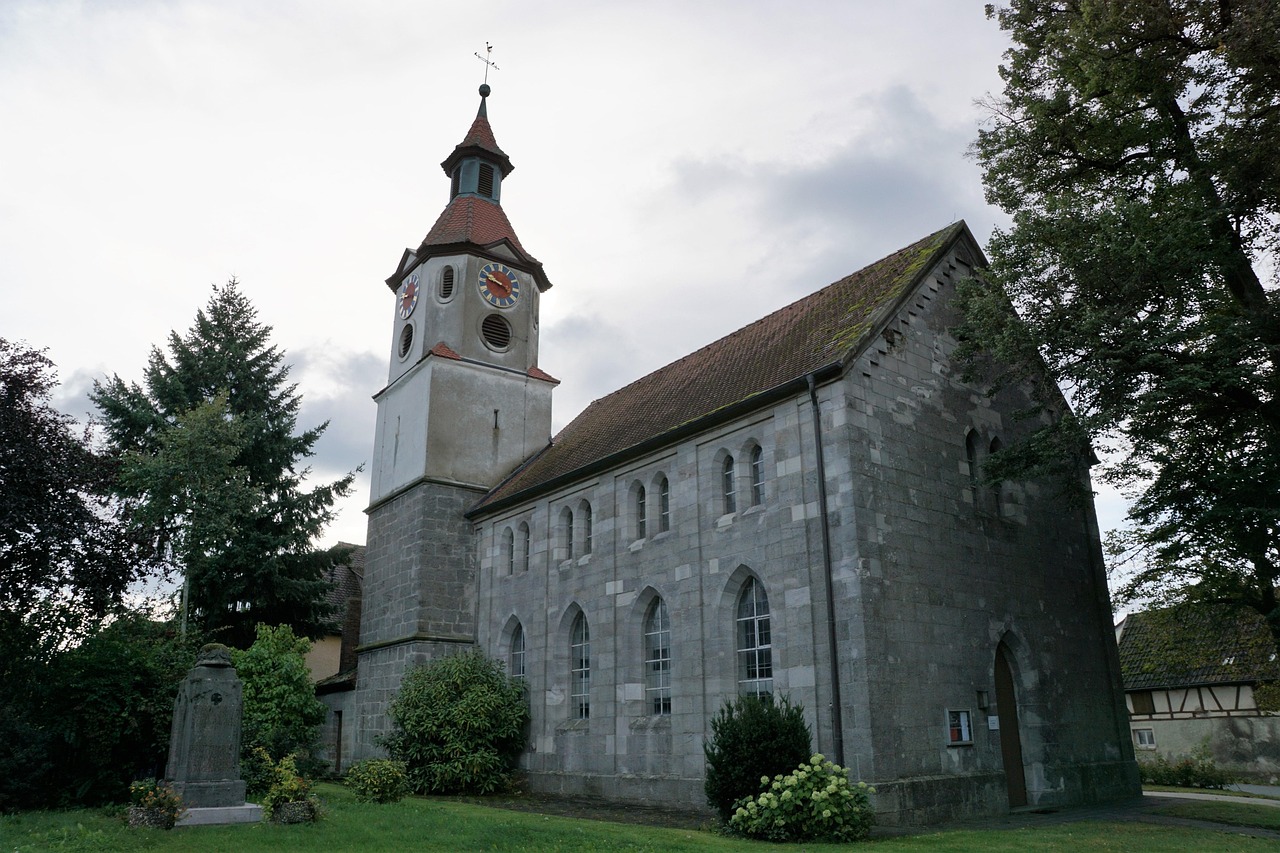Introduction
Pilgrimage has long been a cornerstone of religious devotion, serving as a spiritual practice across various faith traditions. While often associated with Catholicism and Islam, pilgrimage also holds a profound significance in Protestant Christianity. Although Protestant theology has historically emphasized faith and scripture over physical journeys, Protestant pilgrimages remain a deeply spiritual experience. This article explores the spiritual dimension of Protestant pilgrimage, its historical context, theological significance, and its role in personal faith development.
Historical Context of Protestant Pilgrimage
The Protestant Reformation of the 16th century brought significant theological shifts that impacted traditional pilgrimage practices. Reformers like Martin Luther and John Calvin criticized the Catholic Church’s emphasis on indulgences and relics, leading to a decline in traditional pilgrimage routes among Protestants. However, this did not eliminate pilgrimage altogether; rather, it transformed its meaning. Protestants began to see pilgrimage less as a means of earning divine favor and more as an opportunity for spiritual reflection, renewal, and deepening one’s relationship with God.
Significant Protestant pilgrimage sites emerged over time, often connected to the lives of influential reformers and historical events. Places like Wittenberg, where Luther nailed his 95 Theses, Geneva, associated with Calvin, and sites related to John Wesley and the Methodist movement continue to draw Protestant pilgrims seeking inspiration and a deeper understanding of their faith heritage.
Theological Significance of Pilgrimage in Protestantism
Unlike in Catholicism, where pilgrimage is often linked to acts of penance and seeking divine intervention, Protestant theology frames pilgrimage as a journey of personal faith and spiritual discovery. Several key theological themes shape the Protestant understanding of pilgrimage:
1. Faith Over Works
Protestants believe that salvation comes through faith in Jesus Christ alone, rather than through works or rituals. Pilgrimage, therefore, is not seen as a way to earn divine favor but as a spiritual practice to grow in faith and understanding.
2. Sola Scriptura (Scripture Alone)
For Protestants, the Bible is the ultimate authority in matters of faith. Many Protestant pilgrims embark on journeys to places significant to biblical history or to locations that inspire deeper scriptural reflection. Walking in the footsteps of biblical figures or Reformers can bring scripture to life in a new and meaningful way.
3. Personal Relationship with God
Protestant pilgrimage emphasizes direct communion with God without intermediaries. The act of journeying to significant religious sites can serve as a retreat from daily distractions, allowing individuals to pray, reflect, and seek divine guidance.
4. Community and Fellowship
While Protestantism emphasizes personal faith, pilgrimage also fosters community among believers. Many Protestant pilgrimages involve group travel, Bible studies, and worship, reinforcing a sense of shared faith and mutual encouragement.
Popular Protestant Pilgrimage Sites
Although Protestantism does not have formalized pilgrimage traditions like Catholicism, several locations hold spiritual significance for Protestant believers:
1. The Holy Land (Israel and Palestine)
For Protestants, visiting biblical sites such as Jerusalem, Bethlehem, and the Sea of Galilee offers a profound connection to the life and ministry of Jesus Christ. Walking where Jesus walked provides a tangible experience of scripture, deepening one’s faith.
2. Wittenberg, Germany
As the birthplace of the Reformation, Wittenberg is a significant pilgrimage destination for Protestants. Visitors explore sites such as the Castle Church, where Martin Luther posted his 95 Theses, and the Lutherhaus museum, which provides insight into the Reformation’s impact.
3. Canterbury, England
While traditionally associated with Catholic pilgrimage, Canterbury is also significant for Protestants, particularly those from the Anglican tradition. It remains a center for Christian learning and reflection.
4. Geneva, Switzerland
Geneva, the home of John Calvin, is an essential destination for Reformed Christians. The Reformation Wall and St. Pierre Cathedral serve as reminders of the theological foundations of Protestantism.
5. Methodist and Baptist Heritage Sites (United States and England)
Sites associated with John Wesley (England) and early Baptist leaders in the United States attract pilgrims interested in revival movements and evangelical heritage.
The Personal Impact of Protestant Pilgrimage
For modern Protestants, pilgrimage is not merely about visiting historical sites but about deepening one’s faith journey. Many pilgrims report that their journeys lead to:
- Spiritual Renewal: Stepping away from daily life to focus on faith can lead to personal revival.
- Increased Biblical Understanding: Seeing locations mentioned in the Bible enhances comprehension and appreciation of scripture.
- A Stronger Sense of Community: Traveling with fellow believers fosters fellowship and shared spiritual experiences.
- New Perspectives on Faith: Pilgrimage often challenges individuals to see their faith in fresh and transformative ways.
Conclusion
The Protestant pilgrimage, while different in practice from its Catholic counterpart, remains a powerful spiritual experience. It is not about seeking favor through travel but about deepening one’s faith, understanding church history, and fostering a closer relationship with God. As modern believers continue to embark on these journeys, the spiritual dimension of Protestant pilgrimage remains a testament to the enduring power of faith, reflection, and renewal.




